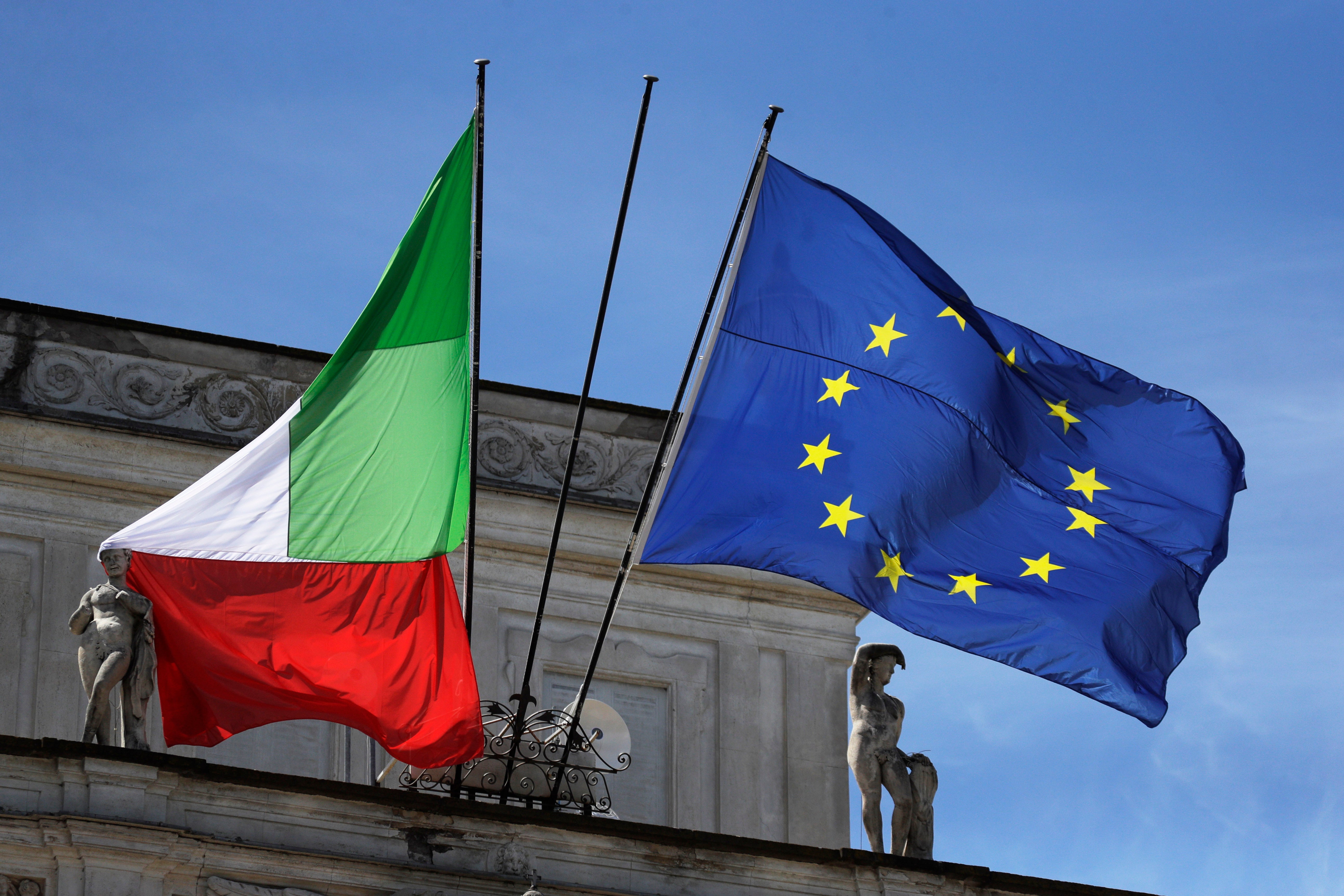Pfizer-BioNTech pledge 2B doses to less wealthy nations
American pharmaceutical company Pfizer and German company BioNTech have pledged to deliver 2 billion doses of their COVID-19 vaccine to middle- and low-income countries over the next 18 months

Your support helps us to tell the story
From reproductive rights to climate change to Big Tech, The Independent is on the ground when the story is developing. Whether it's investigating the financials of Elon Musk's pro-Trump PAC or producing our latest documentary, 'The A Word', which shines a light on the American women fighting for reproductive rights, we know how important it is to parse out the facts from the messaging.
At such a critical moment in US history, we need reporters on the ground. Your donation allows us to keep sending journalists to speak to both sides of the story.
The Independent is trusted by Americans across the entire political spectrum. And unlike many other quality news outlets, we choose not to lock Americans out of our reporting and analysis with paywalls. We believe quality journalism should be available to everyone, paid for by those who can afford it.
Your support makes all the difference.American pharmaceutical company Pfizer and German company BioNTech pledged Friday to deliver 2 billion doses of their COVID-19 vaccine to middle- and low-income countries over the next 18 months, amid international calls for more vaccine solidarity.
The companies, which together developed the first vaccine to be authorized for use in the United States and Europe, made the announcement at a global health summit in Rome co-hosted by the European Union’s executive arm and Italy.
Pfizer CEO Albert Bourla said they expect to provide a billion of the doses this year and another billion in 2022.
It was unclear whether the deliveries would take place through the U.N.-backed COVAX program, which aims to ensure equitable access to COVID-19 shots for low-and middle-income countries, or if countries would get the doses at a reduced price.
Bourla said his company last year adopted a three-tiered pricing policy guaranteeing that low-income countries get the shots at cost and to have middle-income nations pay about half the price wealthier nations are charged.
Earlier this week, the COVAX effort suffered a major setback when its biggest supplier, the Serum Institute of India, announced it would likely not export any more vaccines until the end of the year due to COVID-19 crisis on the subcontinent.
As vaccination campaigns continue to progress in the Western world, poorer countries are struggling to acquire supplies. The U.N. Security Council expressed concern this week about the small number of doses that have reached Africa.
Last week, World Health Organization chief Tedros Adhanom Ghebreyesus urged rich countries to donate their vaccines before immunizing younger populations, including children. Experts warn that allowing the virus to spread unchecked anywhere in the world could lead to the emergence of potentially dangerous variants.
During Friday's global health summit in Rome, Italian Premier Mario Draghi said that nearly 1.5 billion vaccine doses have been administered in over 180 countries worldwide. Yet only 0.3% were in low-income countries, while richer countries administered around 85%.
“The differences in the vaccination rates are staggering," Draghi said at the event, which drew representatives from the Group of 20 industrial and emerging market nations and the heads of international organizations. "Not only are these disparities unacceptable, they are also a threat so long as the virus continues to circulate freely around the world it can mutate dangerously and undermine even the most successful vaccination campaign.”
To address inequalities and contain the pandemic, the head of the World Trade Organization said on the eve of the summit it's also crucial to diversify vaccine manufacturing and to have more production taking place in Africa and Latin America. The European Union raised many of the same points WTO Director-General Okonjo-Iweala made, specifically looking to increase manufacturing production in Africa.
“Today, Africa imports 99% of its vaccines, and this has to change," European Commission President Ursula von der Leyen. “And therefore, team Europe is launching an initiative with African partners to develop vaccine production in Africa. The initiative will develop a number of regional hubs distributed across the continent and it will draw on the full toolbox of team Europe, including 1 billion euros ($1.2 billion) of investment.”
Despite a recent call by the United States to waive COVID-19 vaccine patents as a way to increase supplies, participants at the summit were expected to insist that intellectual property rights were an important tool to boost vaccine production.
But EU parliament member from Italy, David Sassoli, said that sharing patents is a necessity during the health crisis.
“The entire international community must take shared responsibility. This is why we support the call to negotiate a new global treaty to strengthen the common system for monitoring and responding to epidemics,” he said.
Sassoli’s views are not widely shared; there is a lack of consensus among EU countries on a temporary waiver of patent rights for COVID-19 vaccines. EU officials have argued that waiving patents would yield no short-term or intermediate improvement and could even have a negative impact.
Draghi said Italy is open to the idea on the condition that the any waiver measure is “targeted and time-limited and does not undermine incentives for pharmaceutical companies to innovate.”